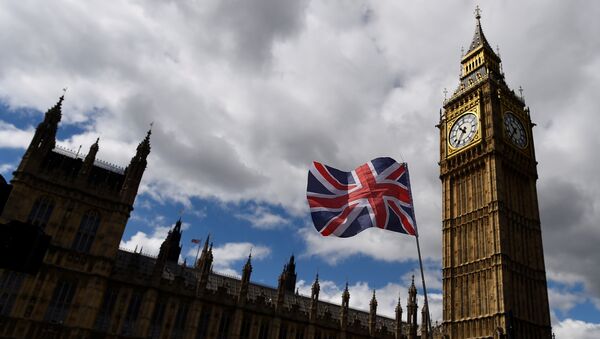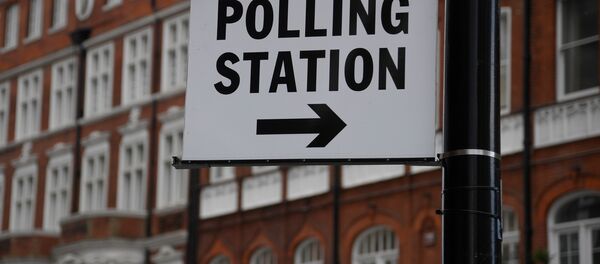Can Jeremy Corbyn, a man derided as "useless" and "unelectable" by much of the Establishment punditocracy — pull off one of the greatest turnarounds in British political history? Or will the Tories still get a decent majority despite the dramatic Labour surge?
The outcome of Thursday's June 8 vote will not be decided in places like Sunderland Central or Henley-On-Thames, where we already know who's going to win, but in key marginals up and down the country.
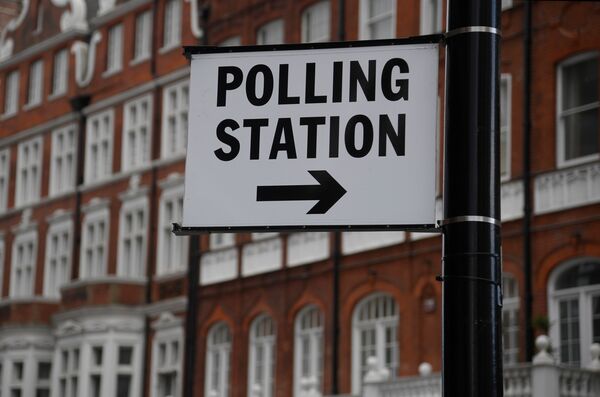
Derby North
Labour lost this by just 41 votes in 2015 and put simply, if they don't re-take it on Thursday, they can forget any hopes of winning or stopping Theresa May from getting a majority.
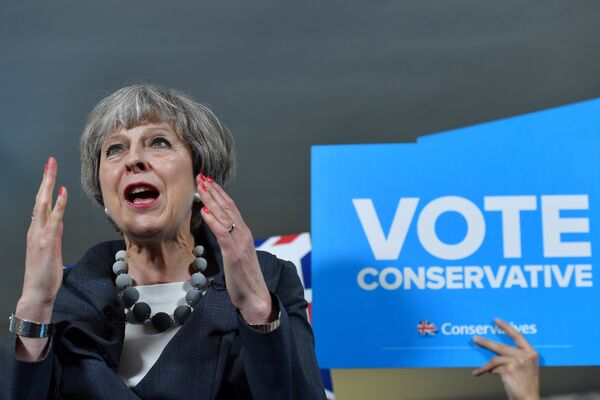
Oxford West and Abingdon
This is a bellwether seat for the Tories — when they win it, they form a government, when they lose it, they don't. Nicola Blackwood is defending a majority of 9,500, but she was pro-Brexit in a constituency which voted 62% to Remain, and the Lib Dems, who held the seat from 1997-2010, have been campaigning hard, with party big-shots Paddy Ashdown and Nick Clegg making appearances in local shopping centers.
Great to pop into #Radley Community Shop & chat with residents & volunteers about local & national issues #GE2017 pic.twitter.com/IRoJRW85Qx
— Nicola Blackwood (@nicolablackwood)Great to pop into #Radley Community Shop & chat with residents & volunteers about local & national issues #GE2017 pic.twitter.com/IRoJRW85Qx
— Nicola Blackwood (@nicolablackwood) June 6, 2017
A recent YouGov poll put the Lib Dems 1% ahead. If the Tories do lose, then May could be in trouble.
Bolton West
Lancashire is historically the "bellwether" county in UK general elections as there are so many key marginal seats there.
Since 1964, there's only been one occasion when Labour have won Bolton West, and the Tories have got a parliamentary majority, and so winning it back on Thursday will be a major priority for Team Corbyn.
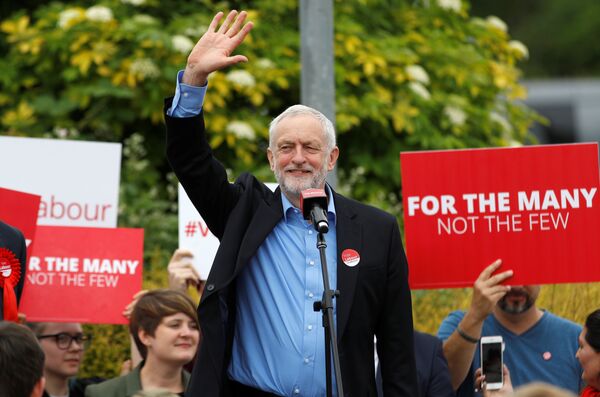
There were just 801 votes in it in 2015, and 92 votes in 2010 when Labour won.
Bookies make the Tories 1-9 to hold on.
West Aberdeenshire and Kincardine
To get her increased majority, Theresa May will be hoping to make gains in Scotland. Aberdeenshire West is the Tories' second target seat there, and will require a 6.37% swing.
Ipswich
This is a bellwether seat for Labour as they've won it whenever they've formed a government.
In 1970, they lost it by a mere 13 votes, and Harold Wilson duly left Downing Street. In 2017, it's number 32 on the list of Labour targets and would require a 3.83 swing from the Tories.
May's local election results, which saw Labour lose two council seats were a big boost to the Tories, but a recent poll has put Labour ahead.
Middlesbrough South and East Cleveland
This is a seat where Labour's majority keeps getting smaller and smaller, and which the Tories will be hoping to gain to give Theresa May the increased majority she desires.
Labour can't afford to lose this — the Tory's number 21 target seat — and its importance was indicated by the fact that Jeremy Corbyn traveled up to Teeside on Monday, June 5, the first day of campaigning after the London Bridge terrorist attacks, to take his message to local voters.
Vale of Clwyd
This is one of ten seats that the Tories beat Labour by less than 1,000 votes in 2015, and given Labour's recent surge in the polls in Wales, one that they'll be very disappointed if they don't recapture.
Certainly if they don't win it (and they only need a 0.7% swing), then it's hard to see Theresa May being ousted as prime minister.
Dudley North
To get their increased majority, the Tories will be hoping to take some Labour seats where UKIP polled well in 2015.
Great Doorstep campaigning session @IanAustinMP @cathrynbayton1 and the rest of the awesome crew #ge2017 #Votelabour pic.twitter.com/cOaubLm2VU
— shaneila (@shaneilamughal) May 28, 2017
Their chances here could be enhanced as the Labour candidate, Ian Austin, has been a fierce critic of Jeremy Corbyn — he even heckled him during a debate on the Chilcot report into the Iraq War — consequently may not get as much benefit as others from the Labour surge.
The bookies make the Tories 8-15 favorites.
Halifax
This has the smallest Labour majority (428) from the 58 Labour seats that voted for Brexit. If the Tories win it then it could be a sign that other Labour marginals in the north and midlands which went for Brexit will be vulnerable too, meaning a bad night for Jeremy Corbyn.
But if Labour hang on, it means that Brexit isn't going to be as important as Theresa May had hoped — and that her chances of an increased majority will be reduced.
Plymouth, Moor View
If the Labour surge is to result in the party winning or blocking a Tory majority, then it really needs to be taking seats like this.
The successor to Michael Foot and Dr. David Owen's old Plymouth Devonport constituency — the Tories triumphed here in 2015 for the first time since Dame Joan Vickers' win in 1970.
Manic campaigning all day for every vote in #Plymouth. It's going to be tight, so a friend popped by for some encouragement. pic.twitter.com/lFsOTinDNZ
— Johnny Mercer (@JohnnyMercerUK) June 7, 2017
Johnnie Mercer, a former Army officer, has a majority of just over 1,000. He looks vulnerable, given Labour's poll surge, and the party having a good local candidate (Sue Dann), but the bookies still have him at 1-10 to retain his seat.
Follow @NeilClark66 on Twitter
Support his Anti-Stalker Legal Fund
The views expressed in this article are solely those of the author and do not necessarily reflect the official position of Sputnik.
